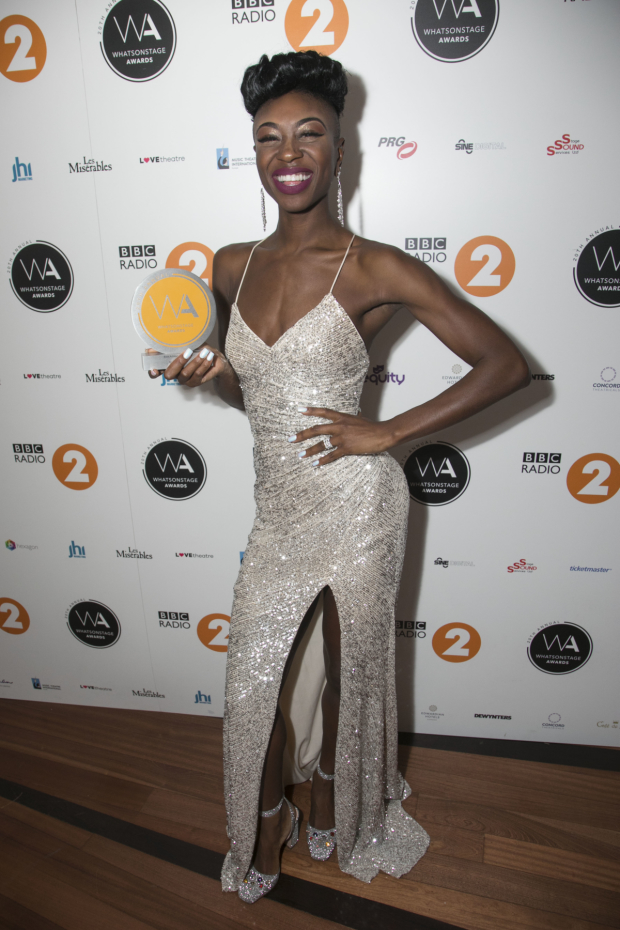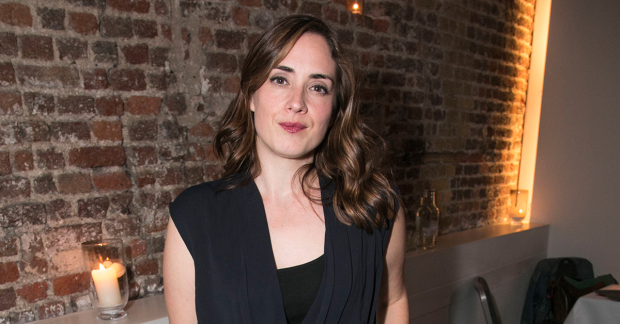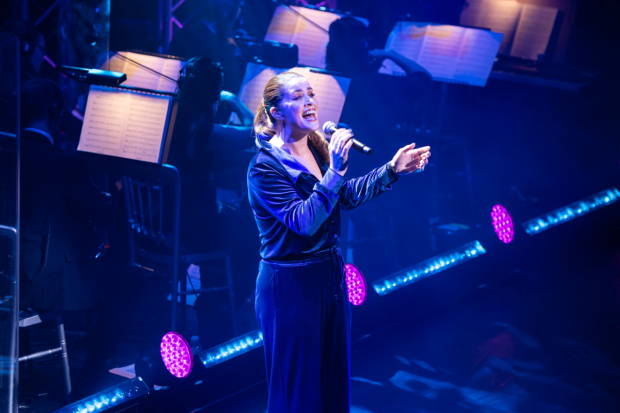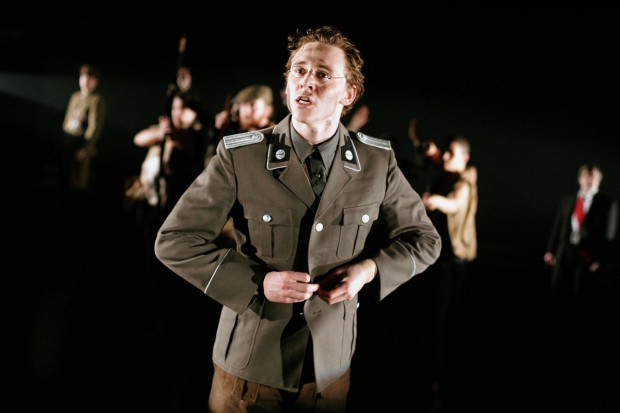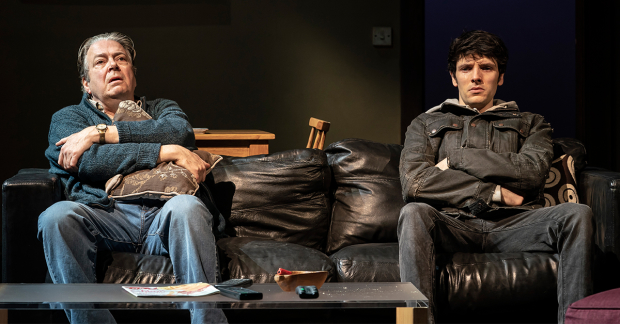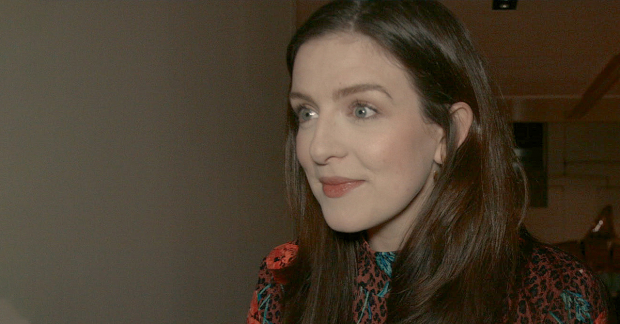Looking at Caryl Churchill's work makes you realise that anything is possible in theatre
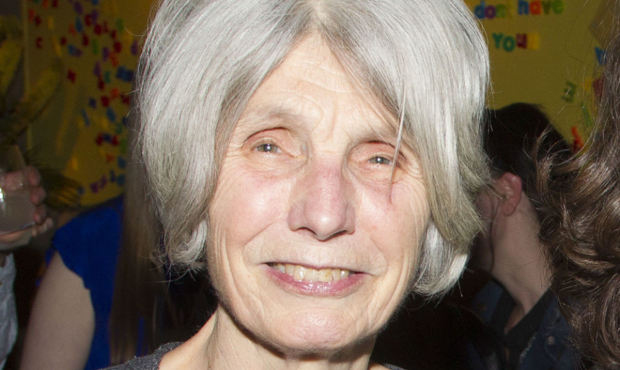
© Dan Wooller for WhatsOnStage
You can never be quite sure what to expect walking into a Caryl Churchill play. That element of surprise is one among many reasons why she has had such a long and successful career – it takes a special kind of talent as a writer to keep audiences entertained and engrossed for over half a century.
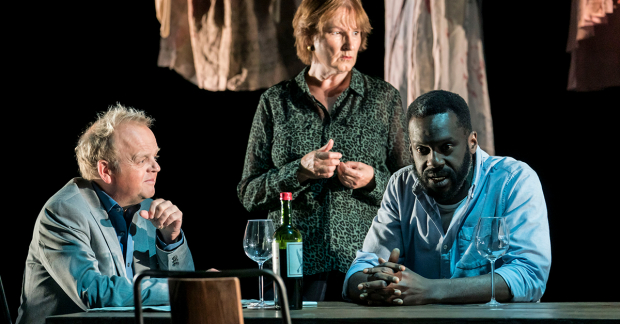
© Johan Persson
Churchill initially began writing for BBC radio, but her first stage play Owners was completed in 1972 and produced in London the same year. In the time since she has left an indelible mark upon theatre's landscape. Responsible for some of the most celebrated plays of the last century, she is also currently one of the rare playwrights whose work is seemingly never off the stage. Far Away and A Number are currently playing at the Donmar and the Bridge respectively, whilst last autumn she debuted Glass. Kill. Bluebeard. Imp at the Royal Court, a venue that is her spiritual home.
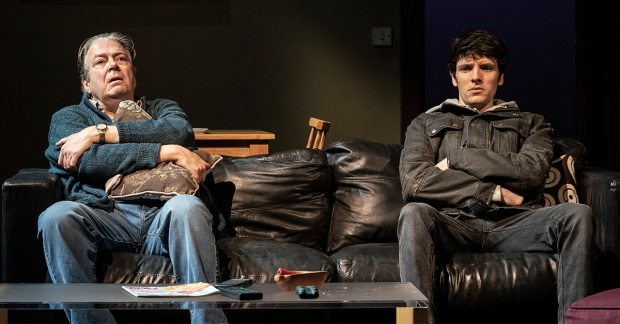
© Johan Persson
For her part she has been careful to distance herself from the labels of 'feminist playwright' or 'socialist playwright', believing such tags obfuscate other issues she addresses, but work such as Top Girls, Cloud Nine and The Skriker speak for themselves – feminist themes are at the forefront of her work. As is her desire to experiment and reinvent form with every play she writes. More than any living British playwright, she has constantly interrogated what theatre is and how traditional forms can be challenged.
This all leads to the question of why she is not more recognised or appreciated in the wider public. In the theatre community she is rightly lauded for her work but it would sadly be a stretch to suggest she is a household name. This is certainly due in part to a self-enforced isolation from press – in our age of social media and celebrity obsession, her silence surrounding her own plays for fear of diluting effect is something to be admired and respected.
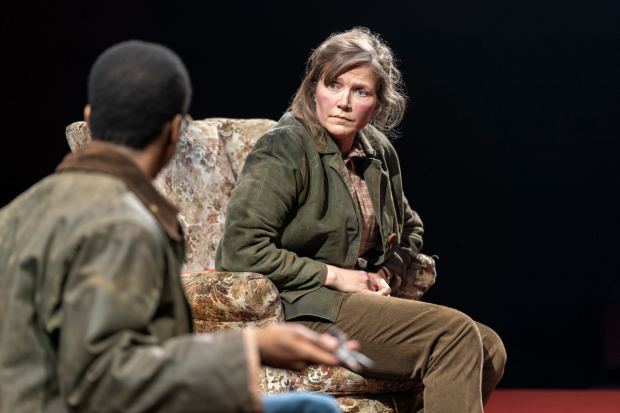
© Johan Persson
Her work is arguably not as commercially viable in comparison with her peers, as a direct result of her experimentation with form. At a recent Donmar panel talk about Churchill, ex-Guardian theatre critic Lyn Gardner was candid in suggesting this links directly to her own profession. She stated the most terrifying thing for a critic is to walk into a production and have no idea what is about to happen – under considerable time pressure, perhaps reviewers paint Churchill's work as less palatable simply because it has the tendency to be strange.
Unquestionably however the biggest reason Churchill is not given the credit she deserves is why International Women's Day exists in the first place. As is the case in nearly all industries and walks of life, gender inequality remains a live problem in the theatre world. Institutional sexism cannot be explained in this short article but is the reason why female artistic directors, playwrights and theatre directors are all underrepresented.
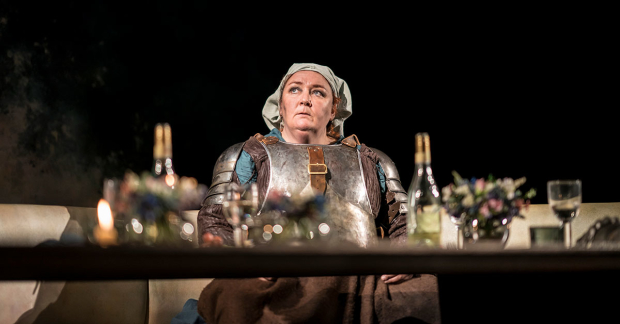
© Johan Persson
On a day when we celebrate women's achievement, it is only right that we acknowledge one of Britain's greatest playwrights. Looking at Caryl Churchill's work makes you realise that anything is possible in theatre.



